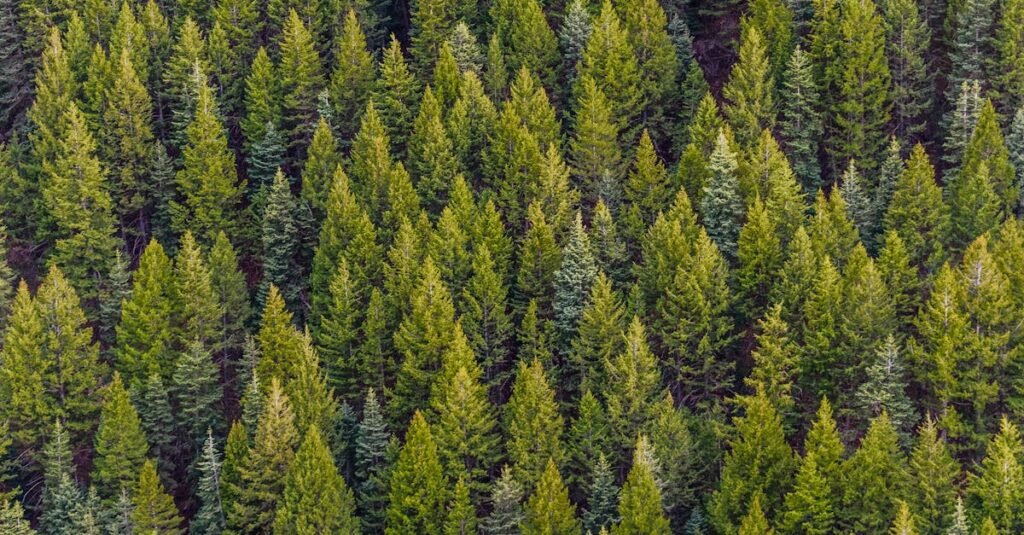
In the world of tropical timber trade, legality is often presented as a guarantee of sustainability. Logging companies boast legal permits. Governments establish official Timber Legality Assurance Systems (TLAS). International buyers request certified products. But here’s the uncomfortable question: Who verifies whether these legal systems actually work? And even deeper—who audits the auditors?
The Structure of Oversight
Most timber-producing tropical countries—such as Indonesia, Brazil, and those in the Congo Basin—have a framework for forest governance. Typically, this includes:
- National forestry ministries or departments
- Local government agencies overseeing forest concessions
- Timber Legality Assurance Systems (like Indonesia’s SVLK)
- Forest law enforcement units
On paper, these institutions are tasked with ensuring that logging is conducted legally, sustainably, and transparently. But governance systems are only as strong as the people and institutions enforcing them.
Enter the Independent Verifiers
To strengthen credibility, many governments partner with third-party verifiers and international certifiers. These include:
- FSC (Forest Stewardship Council) and PEFC for sustainable forest management
- Independent auditors like SGS or NEPCon (now Preferred by Nature)
- FLEGT (Forest Law Enforcement, Governance and Trade) licenses under the EU’s Voluntary Partnership Agreements
These actors often review documentation, conduct site inspections, and assess compliance before timber enters international markets. Still, key challenges persist.
The Limits of Legality
Legality is not the same as sustainability, and “legal” does not always mean ethical. Here’s why:
- Political and economic pressure can compromise regulators and auditors
- Audits may rely on documents only, not field verification
- Conflict of interest arises when certifiers are paid by the companies they assess
- Corruption and data manipulation remain systemic in many countries
And in many cases, communities affected by logging are excluded from the monitoring process entirely.
The Role of Civil Society
Faced with these challenges, civil society organizations often play the role of independent watchdogs. Organizations like Global Witness, the Environmental Investigation Agency (EIA), and the Rainforest Foundation have uncovered illegal logging networks, exposed bribery schemes, and published investigations that pressure both governments and companies to act. These groups use tools such as:
- Satellite imagery to detect illegal deforestation
- Whistleblower testimonies
- Undercover investigations
- Open data platforms
Their work, however, is often risky and underfunded—especially in regions where environmental defenders face intimidation.
Rethinking Oversight: Toward Real Accountability
If we want truly sustainable forest governance, we must go beyond checking boxes. Here are key steps forward:
- Independent, transparent auditing involving civil society and local communities
- Open access to forest permit and concession data
- Use of advanced technology (satellites, drones, AI) for real-time monitoring
- International pressure and complaint mechanisms to address systemic failures
